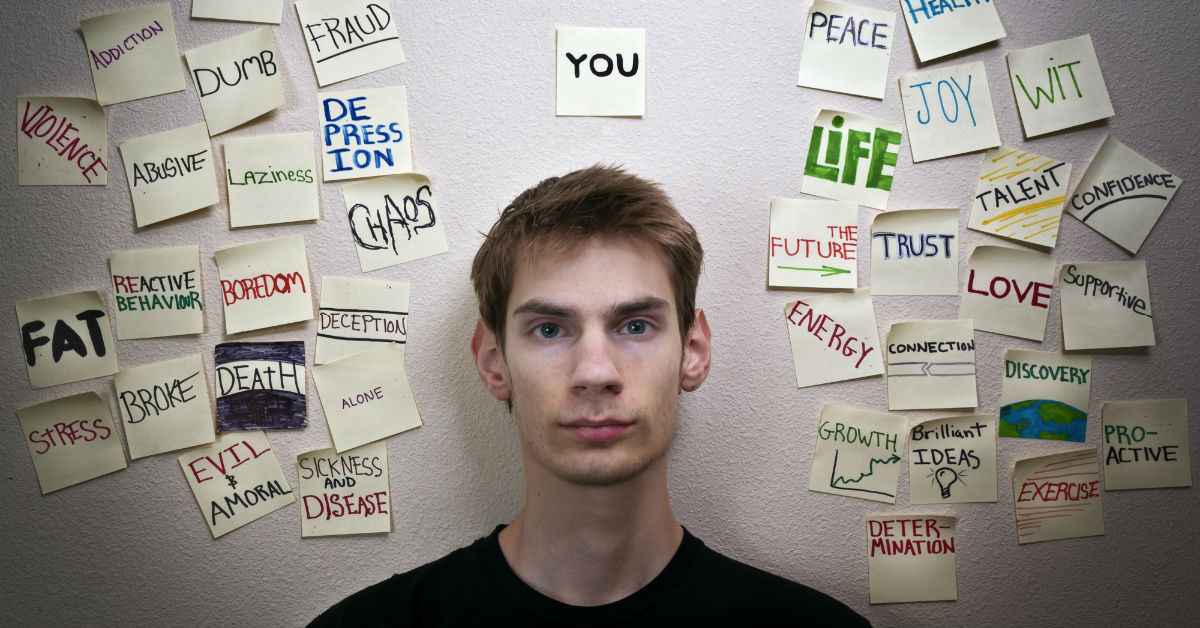There comes a point for some parents of troubled teens where they need a greater level of intervention to help repair their teens’ troubling behaviors. One of the most intensive options which can help teens change is a residential treatment center. The focus on several aspects to help repair negative behaviors and have found great success.
Structured Physical Activities For Troubled Teens
Many times when parents attempt to reign in a troubled teen by adding more structure, it can be too little, too late. Struggling teens can fall into the habit of defying their parents and no amount of added structure can change their behaviors.
When the defiant teen is sent to a residential treatment center, they are taken out of their natural element. Instead of allowing them to establish a new pattern of poor behavior, teens are given a rigorous structure. A key aspect of this is the physical activities built into the residential treatment schedule. Some of the activities your teen may engage in are:
- Running – Lap running is often used outside of treatment by sports coaches to correct behavior. Many residential treatment centers have found it to be effective in helping teens be active while reflecting on their behavior. The repetitive motion can ease the frustration many teens feel and allow them to think more clearly.
- Strength training – While most residential treatment centers do not have weightlifting rooms, teens can still strength train. Push ups, pull ups, sit-ups, and other bodyweight activities can help build strength and your teen’s confidence. With greater self-esteem, teens are able to more easily confront their negative behaviors.
- Active mediation – Whether it’s yoga, tai-chi, or another form of active meditation, it is important for your teen to have time to open themselves to their feelings. The active component is important in allowing your teen’s body to be occupied but less so than other forms of physical activities.
- Chores – Giving teens responsibilities allows them to take pride in their work. It also helps them become ready to go back to families and accept their chores at home.
- Excursions – To help reward positive behavior and to keep encouraging improvement, many residential treatment centers have excursions built in the weekly schedule. In some areas, this can be hiking, fruit picking, museums, and more.
The physical aspect allows the teens to give vent to aggressive and/or other negative emotions in a constructive way. By structuring things so teens can have multiple points during the day to exercise, the teens are better able to focus on their therapy and academics.
Teens Have Integrated Therapy Into Daily Schedule
Many parents choose residential treatment to help repair their teens’ troubled behaviors as most have daily therapy built into the schedule. Not all of the therapy is talk therapy as it has been found that a combination of therapeutic techniques are more effective in correcting negative behaviors. Some of the types of therapy employed at a residential treatment center are;
- Individual – Depending on your child’s needs, their therapist will adapt the teen’s therapy appropriately. This may mean cognitive behavioral therapy (CBT) which is excellent for changing behaviors, or other therapeutic courses.
- Group – Troubled teens tend to feel isolated and misunderstood. With a therapist leading the group sessions, the teens in the residential treatment center can see they are not the only ones struggling. Seeing others behaviors can help your teen recognize why their own behavior was so poor. Some of these sessions can also focus on building positive skills among peers.
- Family – The best residential therapy programs will have family therapy sessions built into their programs. They will not usually require you to be there in person and instead facilitate a video conference family session. This can allow the family to understand what your troubled teen is going through and vice versa. The therapist can also make sure that communication remains productive.
Academic Help Can Be Pivotal In Changing Behaviors
Doing poorly in school can be one of the first major indicators to parents that something is going wrong with their teenager. Many teens become discouraged as they fall behind academically then give up they feel like they are beyond help.
The best residential treatment centers give their residents the ability to catch back up academically with the rest of their peers. Some of the ways they do this is by:
- Holding small classes – By having smaller classes, your teen won’t slip through the academic cracks again.
- Giving one-on-one help – With state-certified teachers available, your teen can receive qualified and personal help when they struggle with the material being covered.
- Having tutors available – Many treatment centers employ tutors to make sure enough academic help is on hand to help your troubled teen make it through their lessons.
- Credit recovery – If your teen has failed classes or received a low grade that should be improved, the academic programs at many residential treatment centers can help them recover the academic credit and change their grade.
Emphasis Placed On Successfully Reintegrating Your Teen
Something that is neglected in some troubled teen correction options like boot camps and wilderness therapy is the emphasis on successful reintegration. Residential treatment centers know their residents will rejoin their families and the rest of the world at the end of treatment and want teens to be ready. Because of this eventuality, residential treatment center try to make sure teens not only repair their behaviors while in treatment but give them the tools to maintain their new positive behaviors.
If you want help in finding the right residential treatment center for your troubled teen, Help Your Teen Now is ready to help you. Contact us today for your completely free consultation.











0 Comments